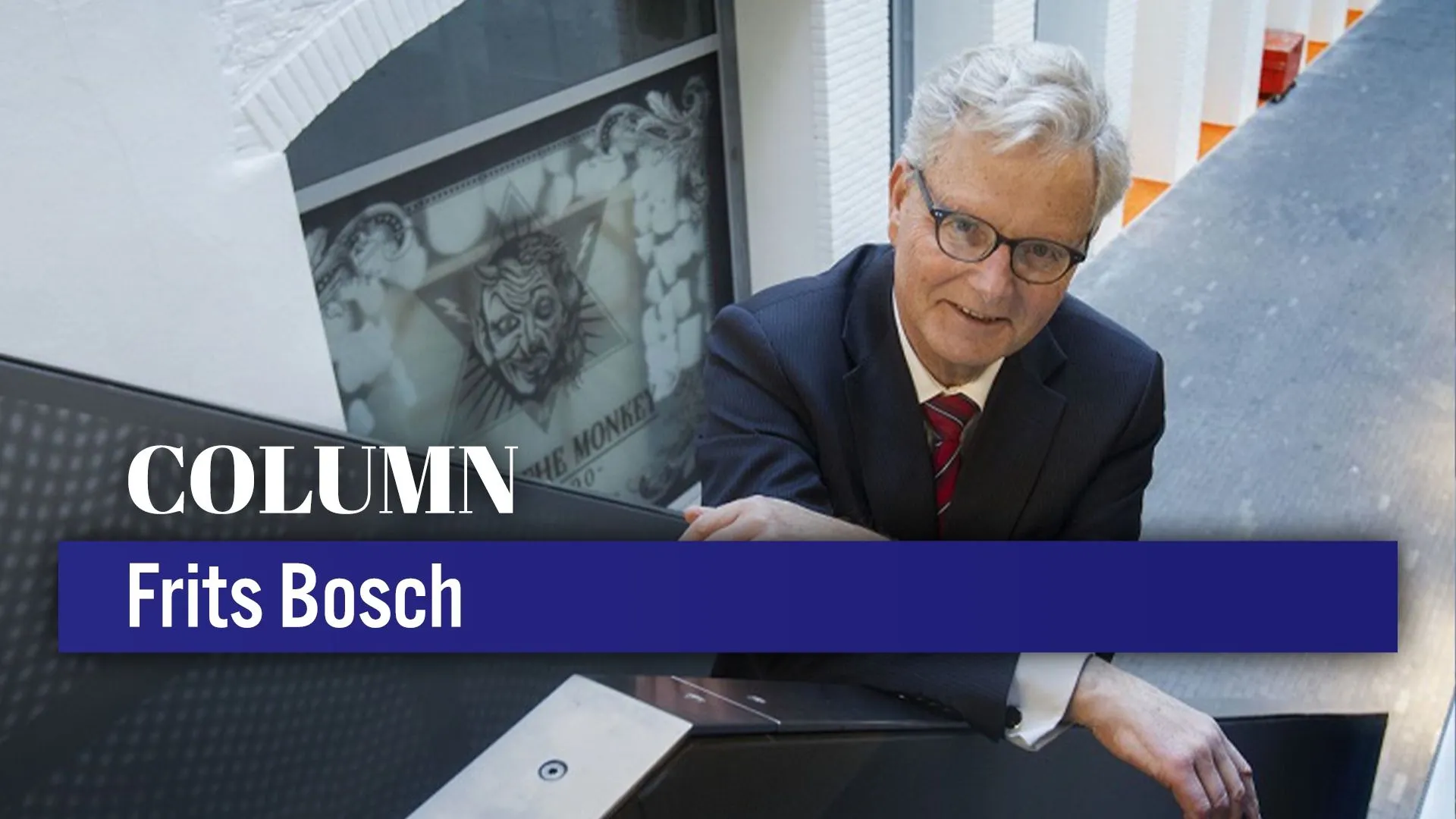Wikileaks onthult grootschalig geknoei met CO2-emissierechten
De bovenstaande afbeelding toont wat Greenpeace ons wil doen geloven. De werkelijkheid is anders. De fraudeurs zijn vooral degenen die profiteren van CO2-emissiehandel met ondoorgrondelijke procedures, waarvoor de burgers uiteindelijk de rekening moeten betalen. Officiële instanties werken passief mee aan de fraudepraktijken. Ze zijn ervan op de hoogte dat deze plaatsvinden, maar knijpen een oogje toe. De ongestoorde uitvoering van het klimaatbeleid gaat boven alles, of dat nu effect heeft of niet. En de grootschalige fraude wordt de facto op de koop toegenomen. Surrealistischer kan het niet.
Eerder schreef ik over de menselijke slachtoffers die zijn gevallen als gevolg van de CO2-emissiehandel, die noch leidt tot een vermindering van de CO2-uitstoot, noch ook tot enig meetbaar klimaateffect. Deze 'posting' over andere laakbare praktijken zou vermakelijk moeten zijn vanwege het onthulde geklungel, ware het niet dat daarmee miljoenen, zo niet miljarden worden overgemaakt van minder-vermogende burgers in rijke landen naar meer-vermogende burgers in arme landen.
Het blad Nature staat pal achter de menselijke broeikashypothese (AGW = Anthropogenic Global Warming), zodanig zelfs dat elk aangeboden artikel dat ook maar enigszins op gespannen voet daarmee staat, consequent wordt geweigerd voor publicatie. Maar nu publiceert zelfs Nature kritiek op bepaalde aspecten van het klimaatbeleid.
Onder de titel, ´Clean-energy credits tarnished. WikiLeaks reveals that most Indian claims are ineligible´, schrijft Quirin Schiermeier:
As the world gears up for the next round of United Nations climate-change negotiations in Durban, South Africa, in November, [die opnieuw niets zullen opleveren en dus volstrekt nutteloos zijn] evidence has emerged that a cornerstone of the existing global climate agreement, the international greenhouse-gas emissions-trading system, is seriously flawed. Critics have long questioned the usefulness of the Clean Development Mechanism (CDM), which was established under the Kyoto Protocol. It allows rich countries to offset some of their carbon emissions by investing in climate-friendly projects, such as hydroelectric power and wind farms, in developing countries. Verified projects earn certified emission reductions (CERs) carbon credits that can be bought and sold, and count towards meeting rich nations' carbon-reduction targets. But a diplomatic cable published last month by the WikiLeaks website reveals that most of the CDM projects in India should not have been certified because they did not reduce emissions beyond those that would have been achieved without foreign investment.
Indian officials have apparently known about the problem for at least two years. "What has leaked just confirms our view that in its present form the CDM is basically a farce," says Eva Filzmoser, programme director of CDM Watch, a Brussels-based watchdog organization.
The revelations imply that millions of tonnes of claimed reductions in greenhouse-gas emissions are mere phantoms, she says, and potentially cast doubt over the principle of carbon trading. "In the face of these comments it is no wonder that the United States has backed away from emission trading," Filzmoser says.
The cable, written on 16 July 2008, was sent by the US consulate in Mumbai, India, to the US secretary of state, and summarizes a discussion of the CDM involving representatives of the consulate and the US Government Accountability Office, along with Indian officials and executives of large Indian companies.
At the time, 346 Indian projects had been registered with the CDM's executive board. Today, more than 720 Indian projects have been approved and have gained some 120 million tonnes' worth of carbon credits, a large fraction of the 750 million tonnes issued since 2005. Yet on the evidence of discussions at the meeting, most of the carbon-offset projects in India fail to meet the CDM requirements set by the UN Framework Convention on Climate Change. The cable also describes the UN's validation and registration process as "arbitrary"...
Despite the controversy, the European Union seems determined to continue its mandatory emissions-trading system, which it sees as crucial in tackling climate change. There's little doubt about the urgency of that goal: global carbon dioxide emissions have increased by 45% since 1990, reaching an all-time high of 33 billion tonnes in 2010, according to a report released last week by the European Commission.
Lees verder hier
Urgentie? Hoe zo? Het ging toch om die verschrikkelijke opwarming van de aarde? Maar die komt maar niet, ondanks die stijging van de uitstoot van antropogeen CO2 in de atmosfeer. Zou de wetenschappelijke onderbouwing van de menselijke broeikashypothese misschien toch niet deugen?
Het toont maar weer eens aan dat Europa in een fantasiewereld leeft die niets meer met de werkelijkheid heeft te maken.
Zoals Pogo reeds zei: 'We have met the ennemy and he is us.'
Ga verder met lezen
Dit vind je misschien ook leuk
Laat mensen jouw mening weten


